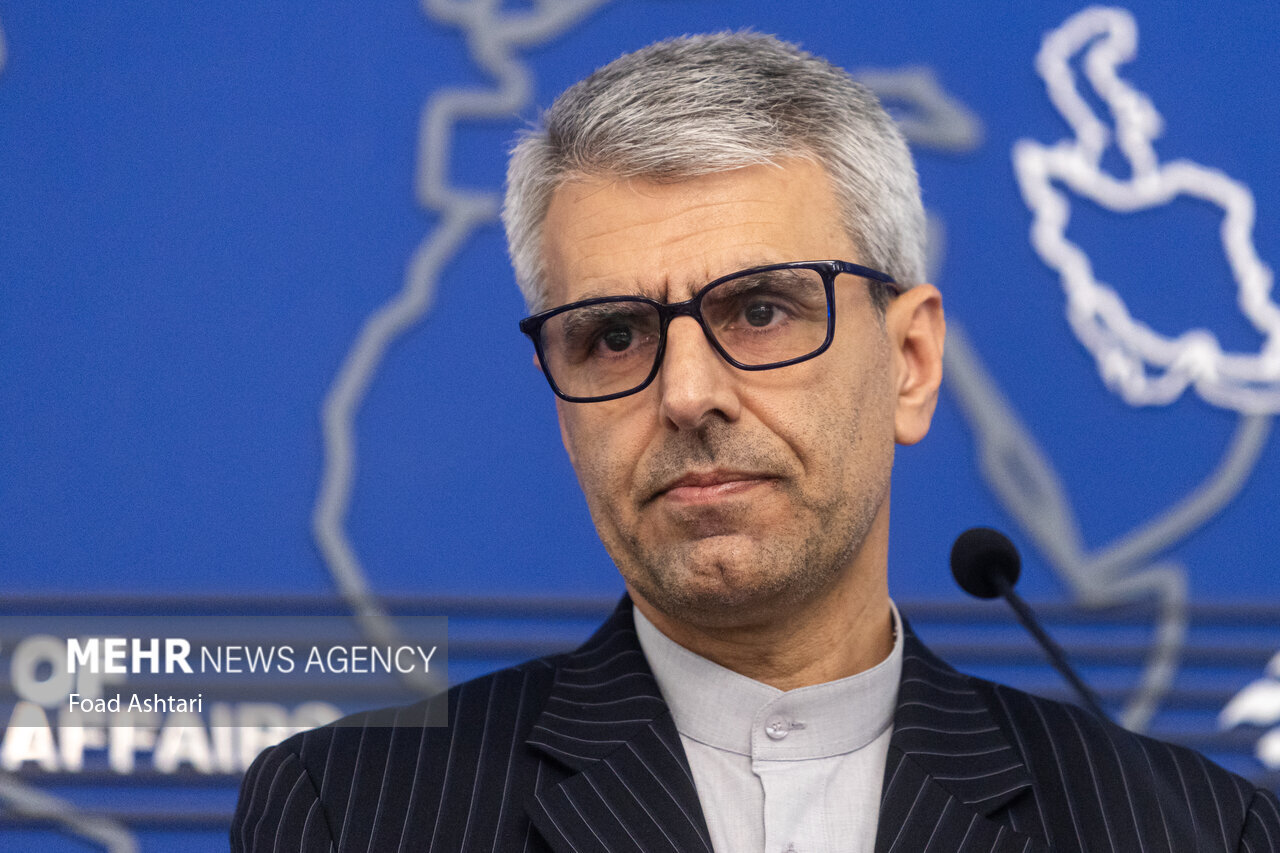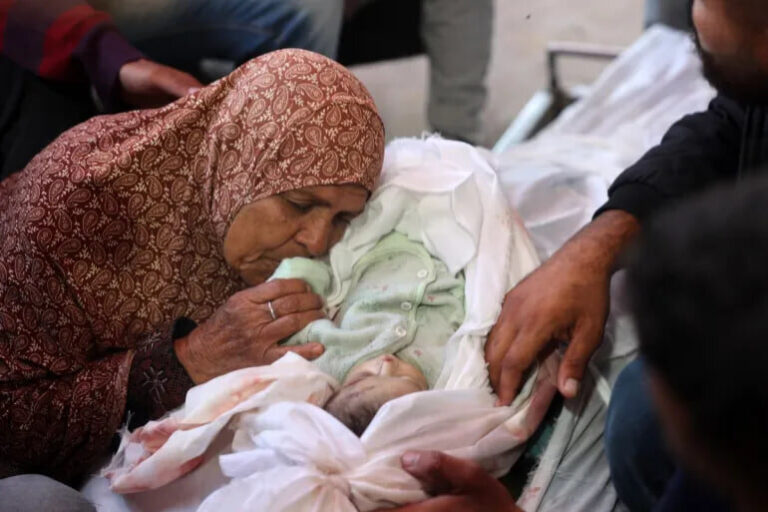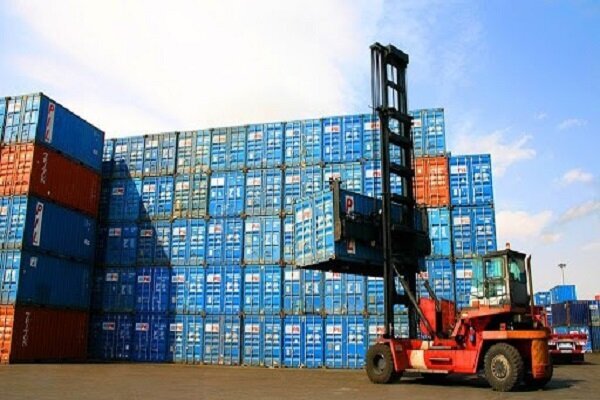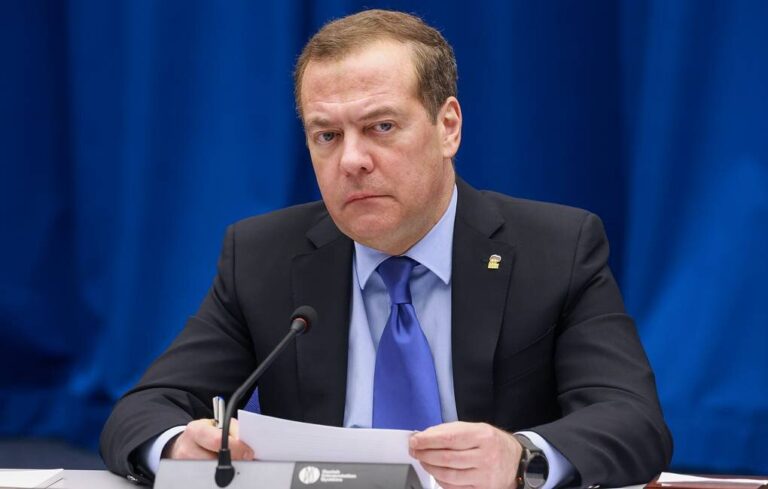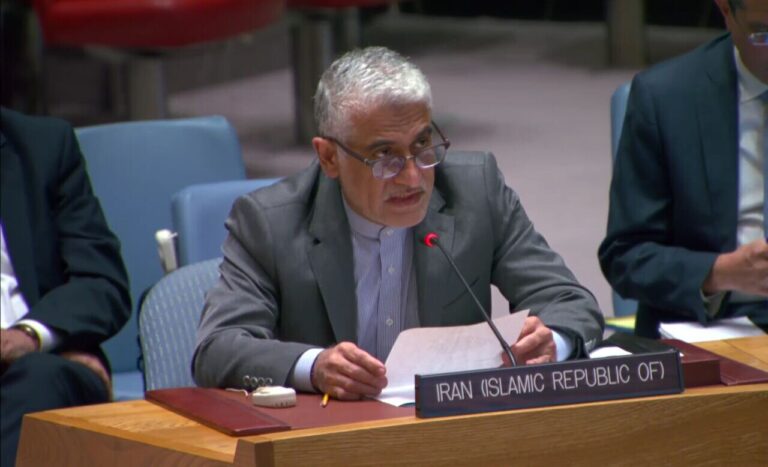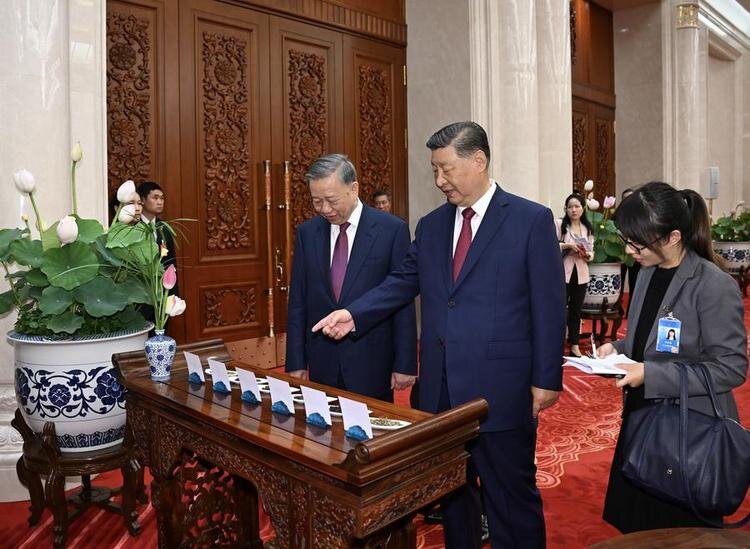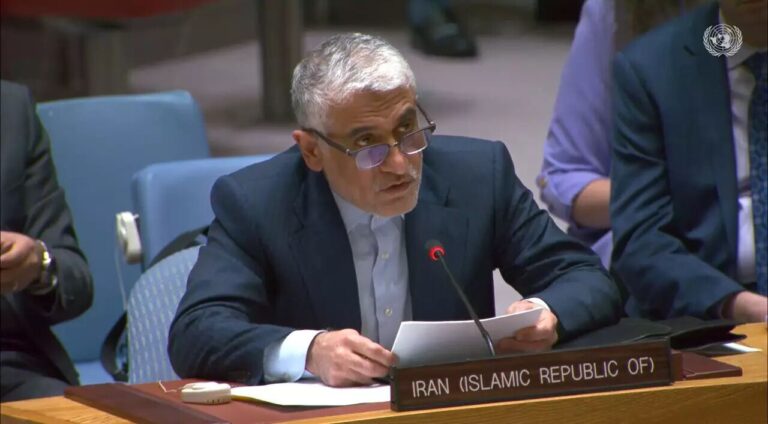Iran’s FM Araghchi Heads to Russia Following Lavrov’s Invitation
In a significant diplomatic development, the top Iranian diplomat is set to visit Moscow, where he will present a letter from Ayatollah Seyyed Ali Khamenei, the Leader of the Islamic Revolution, to Russian President Vladimir Putin. This visit underscores the strengthening relations between Iran and Russia, particularly in the context of ongoing international negotiations.
According to Iran’s Foreign Ministry Spokesman, Esmaeil Baghaei, the visit by Foreign Minister Mohammad Javad Zarif has been planned in advance. During a weekly press conference, Baghaei elaborated on the objectives of the visit and the importance of the discussions that will take place.
The following are key points regarding the visit to Moscow:
- Delivery of Official Letter: The Iranian Foreign Minister will deliver a written letter from Ayatollah Khamenei to President Putin.
- Pre-Arranged Visit: Baghaei confirmed that the visit was arranged prior to this announcement and reflects ongoing diplomatic efforts.
- Consultation on U.S. Talks: The Iranian diplomat will engage in discussions regarding Russia’s negotiations with the United States.
- Strategic Partnership: The visit is part of continuous consultations between Iran and Russia as strategic partners.
- Regional and International Developments: Key topics will include bilateral relations and recent international developments that affect both nations.
- Follow-Up on Agreements: This visit presents a valuable opportunity to discuss the implementation of the Comprehensive Strategic Partnership Treaty signed last year.
During a press interaction, Baghaei stated, “The previously planned visit of the Foreign Minister of the Islamic Republic of Iran to Russia is taking place at the invitation of Russian Foreign Minister Sergei Lavrov and within the framework of continuous consultations and meetings between the two countries as strategic partners.” This emphasizes the close collaboration between Iran and Russia, particularly in the face of external pressures.
Foreign Minister Zarif’s discussions are expected to cover a wide range of topics, including:
- Bilateral Relations: Strengthening diplomatic and economic ties between Iran and Russia.
- Regional Stability: Addressing regional challenges and enhancing cooperation in security matters.
- International Negotiations: Sharing insights on negotiations with the United States and broader international relations.
Baghaei further noted that this visit is not just about delivering a letter or discussing immediate issues, but it is also a crucial step in reinforcing the strategic partnership that has been developing over the years. The Comprehensive Strategic Partnership Treaty is a cornerstone of this relationship, which aims to deepen economic, military, and political ties between the two countries.
The visit is particularly timely, given the current geopolitical landscape and the complexities surrounding international negotiations with the United States. By engaging in direct dialogue, both nations hope to navigate the challenges posed by external forces and enhance their strategic coordination.
As the Iranian Foreign Minister arrives in Moscow, the focus will be on ensuring that both countries continue to work collaboratively towards their shared goals. This meeting is expected to pave the way for further initiatives that will benefit both nations and their standing in the international community.
In summary, the upcoming visit by Iran’s Foreign Minister to Moscow signifies an important moment in Iranian-Russian relations, highlighting ongoing cooperation and dialogue in a rapidly changing geopolitical environment. The strategic discussions and the delivery of Ayatollah Khamenei’s letter to President Putin are expected to set the tone for future collaborations, particularly in the face of external diplomatic challenges.
Overall, as the two nations engage in these pivotal discussions, the outcome may have significant implications not just for Iran and Russia, but for the broader regional dynamics and international relations as well.
